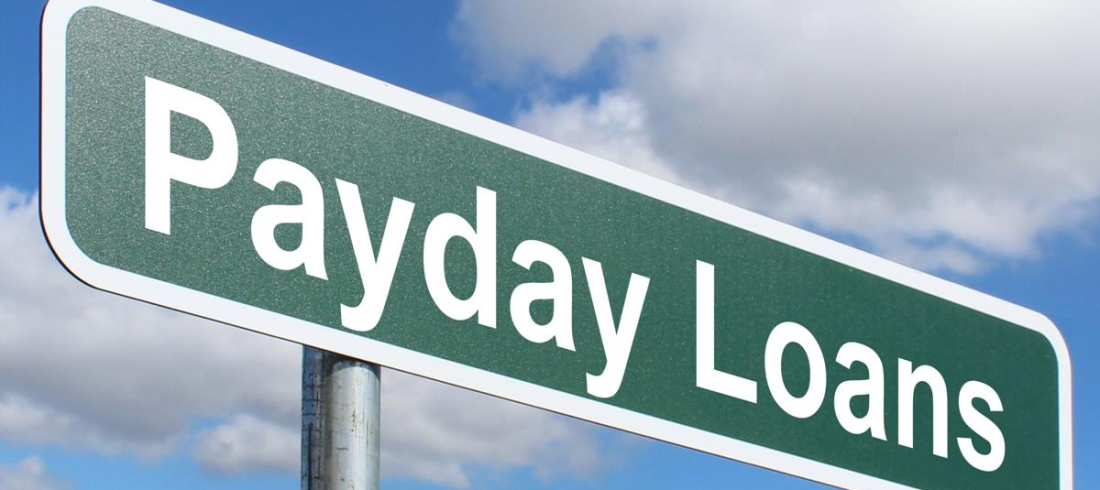At a glance, you may be familiar with what we will be discussing today. That’s because we have already described futures in an earlier article. You might want to check that out to recap; however, that’s not necessary in gaining a comprehension of what we will be talking about in this article.
Options work the same way as futures. For example, exercising an option to purchase a specific commodity at a specific price at a certain is similar to a futures contract dictating such. The only difference here is that, with options, you are purchasing the right to do a certain action at a specific time but not the obligation to do such.
That’s the “miniscule” difference between options contracts and futures contracts. It’s very easy to understand, isn’t it? Let’s move on now to discussing the rest of the basic concepts of options in detail.
The Two Types of Options
Now, there are two types of options and they are, namely:
Call option
A call option is basically the right to purchase a commodity at a fixed price when a certain date has passed, given that specific conditions are met on the side of the seller. One good example of this is an agreement by a corporation to purchase a piece of commercial property within 2 years at a certain price if the owner has installed the necessary safety features when that time passes.
Call options comes with the obligation to provide security to the seller. This is because, again, options are only rights and not obligations to execute the agreement. Thus, buyers are typically required to pay a premium, which is a pre-agreed amount of money that the seller gets to keep no matter what.
Put Option
As you might have already surmised, the Put option is the opposite of the Call option. For example, if a landowner sees that the resale value of his property is at risk of decreasing due to certain events within the neighborhood, he might want to protect himself by locking the price of his property within a certain amount of time.
Thus, a Put option may provide some protection by fixing the price of the property as long as a Call is exercised before the expiration of the contract comes. It also comes with the guaranteed premium if a purchase is made, so the seller is covered in all bases.
Vocabulary of Terms Used in Options Trading
There are a number of dates that you will encounter once you decide that you’ll enter into options trading. Here are a few that you should familiarize yourself with:
Expiration date
This is the last day in which you can exercise your right as buyer or seller as dictated by the contract. When this expiration date passes, the agreement is null and void.
Spreading
Spreading is a technique that involves multiple positions using options. It is an advanced form of hedging, and requires a lot of planning and consulting with financial advisors.
Want to read more articles like this? Check our Blog site.
Photo credit : huffingtonpost.com






